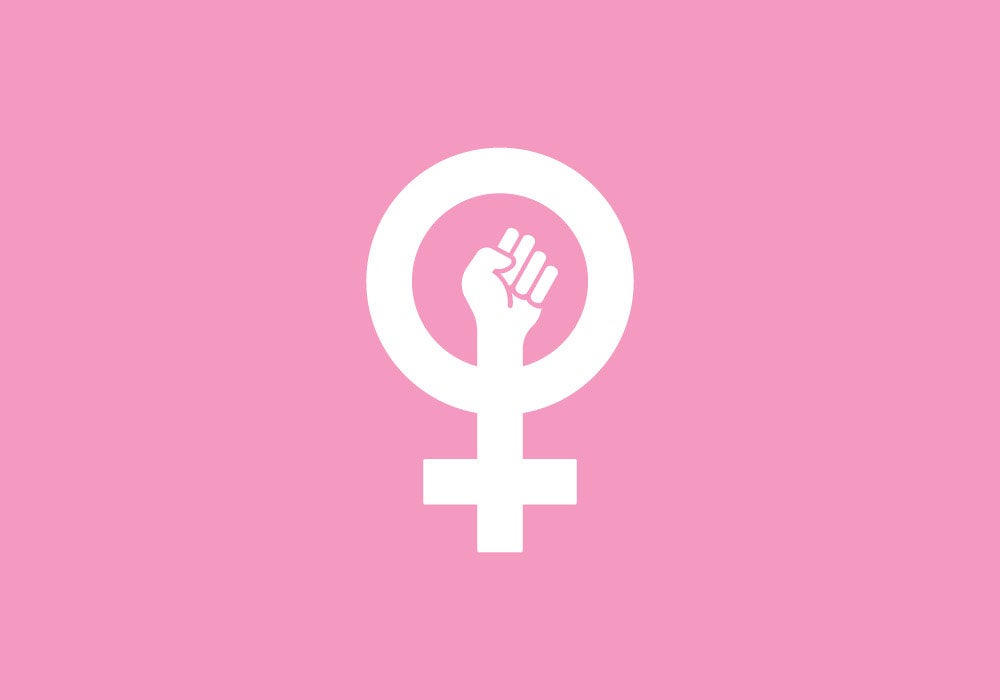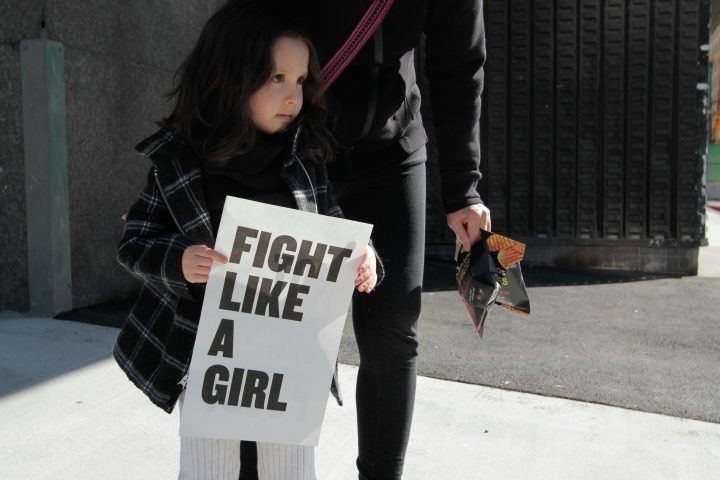What is Feminist Economics?
Feminist economics is the critical study of economics and economies, with a focus on gender-aware and inclusive economic inquiry and policy analysis. Feminist economics is oriented towards the goal of “enhancing the well-being of children, women, and men in local, national, and transnational communities.”
Feminist economics is both a research paradigm and a praxis: a political commitment to uncover women’s economic realities and to rectify the power structures that cause those realities, thereby increasing human well-being for both women and men.
What Does Feminist Economics Look Like?
Feminist economics is multi-disciplinary and trans-disciplinary: it draws from the insights of feminist scholarship in a variety of academic disciplines, including economics, sociology, social policy, law, and philosophy. Practitioners of feminist economics focus primarily on subjects such as: analysis of unpaid care work and its effect on economic policy, advocacy and activism to rectify the failure of policy-makers to adequately address unpaid care work, feminist policy recommendations regarding care for the elderly, care for the disabled, and care for the sick, and the effects of pornography on paid and unpaid labor.
Also of interest from the feminist economics perspective are questions regarding conservation, energy, climate change, and food security, as some of the topics addressed in the following courses of at Duke University: Feminist Economics, Environmental Economics, Food, Farms and Families.
Feminist economics is also inclusive. It focuses on a range of groups that are usually left out of mainstream economic theory and policy debates: members of racialized and indigenous populations, poor and working-class women and men, sexual minorities, children, and the elderly. Elimination of gender disparities is a matter of human rights and social justice, as well as efficiency. Similarly, the feminist perspective emphasizes inclusive social dialogue and sustainable development. Gender Lens Investing is an example of a feminist economics methodology.
Who works in Feminist Economics?
Feminist economics is a relatively new research paradigm, with a small but growing number of professionals working in and learning from this field. As in other disciplines, feminist economists come from a wide array of academic backgrounds, and have expertise in a range of fields including theory, policy analysis, activism, and applied research. Some feminist economists focus on a particular area of inquiry, like financial services, development policies, or the links to women’s health and unpaid care work. Others are multidisciplinary, and work in areas as diverse as development and financial reform in sub-Saharan Africa, the welfare state in New Zealand, and welfare reform in the United States.
A key feature of feminist economics is its strong emphasis on collaboration between academics and practitioners, such as activists, journalists, and policy makers. As an interdisciplinary field, feminist economics emphasizes the importance of formal training and education. Although the bulk of feminist economics research to date has been qualitative in nature, feminist economists are increasingly turning to quantitative methods to test theoretical predictions and estimates, particularly in applied research.
What Do Feminist Economists Do?
Feminist economists analyze and critique economic theories and models, and offer alternative frameworks for understanding the economic landscape. Feminist economists are developing new frameworks in which market incentives and negative externalities and social costs do not have to exist.
Main areas of interest championed by feminist economists are:
Unpaid Work
Feminist economics research has begun to analyze unpaid and domestic work, including childcare, home maintenance, housework, and volunteerism in the area of local community development. Researchers in this field are identifying the impact of unpaid work on poverty and the female workforce, as well as the impact of unpaid work on aging, the life cycle of paid work, and the privatization of what were once public goods, like water and care for the disabled.
Inclusive Growth and Human Development
Feminist economists are increasingly examining aspects of economic growth and financial stability that contribute to an improved quality of life, such as sustainable growth, good governance and civic engagement, and inclusive access to reliable information and communication technology.
VAWG and Markets
Feminist economists are working to provide economic analysis of violence against women and the urgent need for changes and improvements to market structures in order to better address it. They are questioning why women’s “economic contributions” are often viewed as ‘free’ in family and economy and seeking ways in which women’s undervalued work can be measured and financially valued. Violence Against Women research and case studies are also being conducted to link citizens’ understanding of economic processes with understanding and preventing violence against women.
Feminist Economics and the Mainstream
There are a range of feminist economics assessments, including those by Winifred Bell and Helen Dodson, which are decidedly critical of mainstream economics. Social justice feminists, like other critical economists, see mainstream economics as sexist, racist, and heterosexist. For example, a normalized male-centric economic perspective is responsible for the “household production function” called “the production of women and children” by Ronald I. McKinnon.









